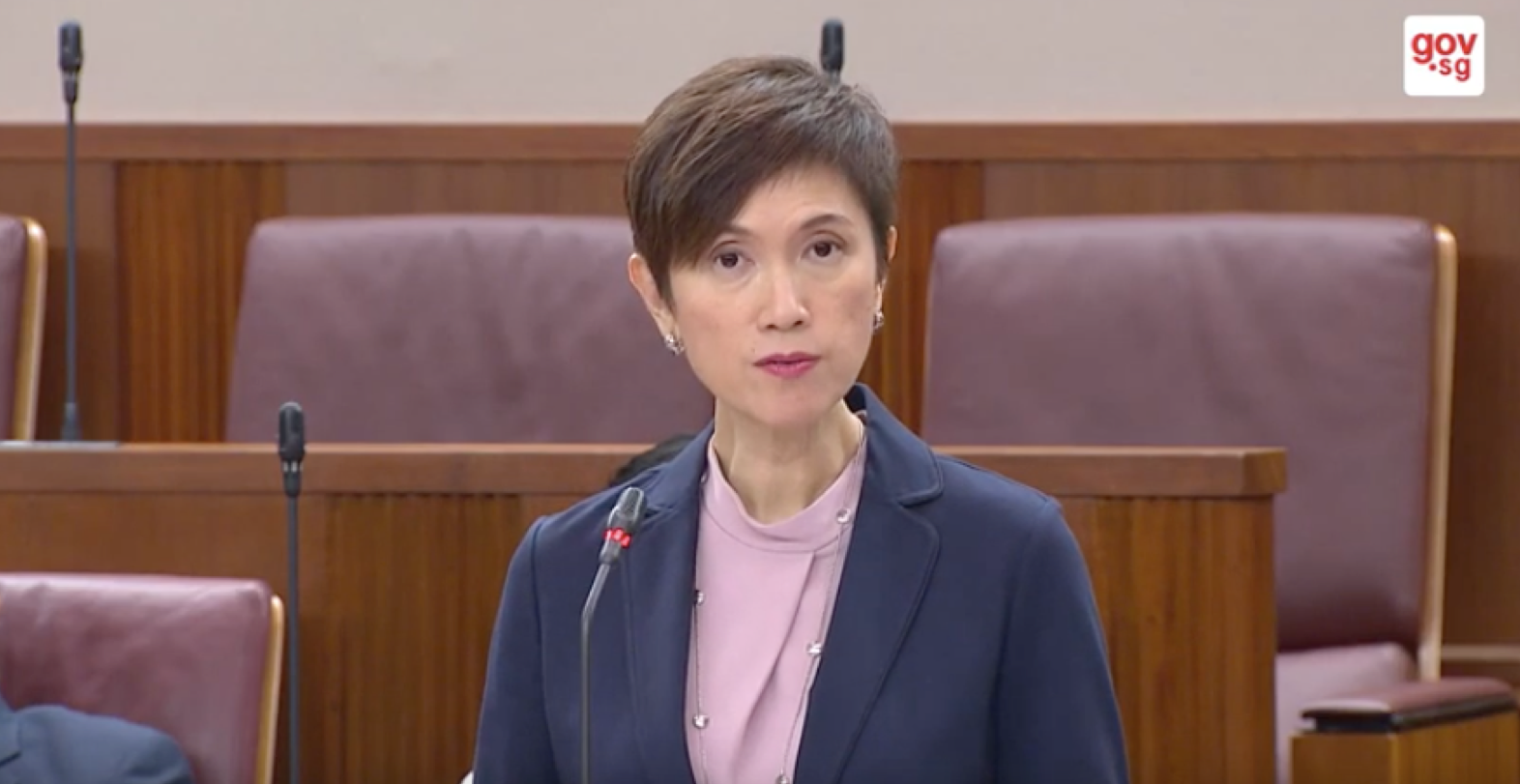The Ministry of Home Affairs (MHA) wants to amend the Misuse of Drugs Act to better combat drug trafficking and drug abuse.
To achieve this, a Bill to Amend the Act was tabled in Parliament by Second Minister for Home Affairs Josephine Teo on Nov. 19.
It was last amended in 2012.
According to a press release by MHA, The Bill aims to empower the authorities to nip drug addiction in the bud by allowing stronger action against those who would influence others to abuse drugs, particularly youths.
It also provides for an enhanced rehabilitation regime for drug abusers.
Criminalise acts of contamination
The Bill will make it an offence for someone to facilitate or promote drug use, called "acts of contamination".
For example, actively introducing someone to a drug trafficker, while knowing the trafficker is likely to supply that person with drugs, is a contamination act.
If you know that someone intends to cultivate, manufacture, consume, traffic, import or export controlled drugs, and you give them information on how to do it, that's a contamination act as well.
The dissemination or publication of such information will be an offence too, although exceptions are made for legitimate education purposes, or manufacturing controlled drugs with a license authorised under the Act.
Punishments include:
- First time conviction -- Fine of $10,000, a prison sentence up to five years, or both.
- Repeat convictions -- Mandatory minimum prison sentence of one year, up to a maximum of five years.
[related_story]
Criminalise acts which expose children to drug use
The Bill also aims at deterring children from drug use, following input from the Central Narcotics Bureau's (CNB) operations.
It will penalise adults who permit or do not take reasonable steps to prevent young people (i.e. below 21 years old) from consuming controlled drugs in their possession.
It will also make it an offence for adults to leave drugs or drug utensils within easy access of a child (i.e. below 16 years old)
Punishments include:
- First time conviction -- A prison sentence of up to ten years.
- Repeat convictions -- Mandatory minimum prison sentence of two years, up to a maximum of ten years.
More support for youth abusers
In order to help rehabilitate youth drug abusers, the Bill will empower the Director of the CNB to ask parents or guardians to attend counselling sessions together, if necessary.
This affects parents whose child is a drug abuser and under 21 years of age.
A parent or guardian who does not comply and does not have a valid excuse may be fined, and ordered by the Court to attend those sessions.
Revamped rehabilitation regime
The Bill aims to take a more "calibrated approach", and distinguish between drug abusers who commit other offences, and those who only consume drugs.
Adult drug abusers who do not face concurrent criminal charges will be directed to a "rehabilitation pathway" according to their circumstances.
Different tiers
If a first-time abuser is judged by the CNB to be at a low risk of further abuse, he will be put on the Enhanced Direct Supervision Order (EDSO), which is non-custodial.
While the CNB will monitor his case, he will also be assigned a case manager for support, and undergo counselling.
But if the first-time abuser is assessed to be at a moderate or high risk of further abuse, they will go through the Drug Rehabilitation Centre (DRC) regime.
Drug abusers who have done it for the second time and above also go to the DRC.
DRC regime
Abusers in the DRC will go through programmes like skills training and family programmes.
After completing their treatment, they will be put on a Community Based Programme (CBP) where they can either be placed in a halfway house, stay at home with an electronic tag, or allowed Day Release from the DRC.
They will be released when the Singapore Prison Service deems it appropriate. The Bill will also increase the maximum period of detention in the DRC from three to four years.
Upon completion of the CBP, abusers will enter the supervision stage, which the Bill will increase from a maximum of two years to five years.
They are required to go for mandatory urine and hair testing for drugs during this time.
CNB will work with community partners to provide support and job training for drug abusers during the CBP and supervision stages, in order to help them re-integrate into society.
Top image from Gov.sg's YouTube channel.
If you like what you read, follow us on Facebook, Instagram, Twitter and Telegram to get the latest updates.
